A Comprehensive Guide to Top Blockchain Platforms
A Comprehensive Guide to Top Blockchain Platforms

Blockchain has been picking up the pace since its inception in the year 2009 by a pseudo group named as Santoshi Nakamoto. Nakamoto has released a whitepaper named as Bitcoin: A peer-to-peer electronic cash system which never clearly mentioned about Blockchain as a technology, but is a great read, nonetheless.
The paper discusses the transition of cash flow between peer to peer systems through timestamps and chain of hash-based proof of work. But blockchain clearly has become popular thanks to bitcoin, and subsequently led to the rise of multiple blockchain platforms.
Blockchain has seen a significant impact on industries like supply chain management, healthcare, finance, and IoT applications. Many businesses, SMEs and enterprises have been integrating blockchain in their existing business model and has seen a potential rise in their revenue model.
For business owners, blockchain will be seen as a milestone that can be achieved with continuous effort as building a blockchain-based app from scratch can be quite complicated for a blockchain developer. Here are the most popular blockchain platforms that you can use to build a blockchain application with ease.
Here are some of the popular examples for blockchain platforms that your Blockchain and Ethereum Developers can use now:
As a business owner, to take any decision requires a confined choice that is based on the ones that meet your requirements.
The blockchain industry needed a qualitative analysis of blockchain platforms based on the following factors. These areas will help you take and make your next business decisions:
1. Activity:
How active is your blockchain platform for your next blockchain project?
2. Type of network:
Public, Permissioned or Private network.
3. Supported Languages
Programming Languages supported by the Blockchain Platform’s SDK
4. Popularity
How popular is your blockchain platform based on its contribution to GitHub and user’s ratings?
5. GitHub Repo
Names of the GitHub Repo for blockchain platform’s SDKs.
6. Costing
If the platform is available at cost or free or if it is paid?
7. Technical Support
If the blockchain platform is backed by a team of technical support specialists or not.
Without wasting further time, let’s get started and look through the top blockchain platforms that you can use for your business in 2019:
1.Ethereum<

After Blockchain, the most buzzing buzz word in the tech world is Ethereum, developed by Vitalik Buterin in the year 2014, it has been one of the most active and open-source blockchain platforms used to develop decentralized blockchain applications. Based on Ethereum Virtual Machine, that enables a run-time environment to run Smart Contracts built on Ethereum.
Features distinguishing Ethereum from other Blockchain Platforms are:
- Industry Type: Cross-Industry
- Consensus Algorithm: Proof of Work
- Governance: Ethereum Developers
- Smart Contract Functionality: Yes
- Ledger Type: Permissionless
2. Hyperledger Fabric:
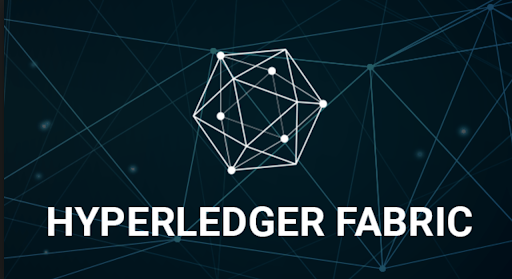
Hyperledger Fabric is also one of the most popular blockchain platforms for your next hyper ledger project that is designed to build a blockchain application using a modular approach. It stands at the third-place and is an open-source blockchain platform most commonly used for building blockchain applications developed by the Linux Foundation in 2016.
Features distinguishing Hyperledger Fabric from other Blockchain Platforms are:
- Industry Type: Cross-Industry
- Consensus Algorithm: Pluggable Framework
- Governance: Linux Foundation
- Smart Contract Functionality: Yes
- Ledger Type: Permissioned
3. Hyperledger Iroha:
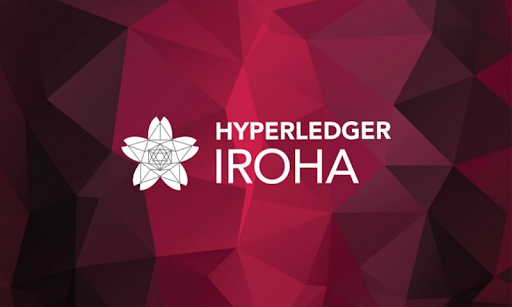
Founded by Linux Foundation, it has been made in adherence to develop trusted, fast and secure decentralized blockchain applications. It’s simple and modularised distributed architecture makes it compatible with Linux and Mac Os environment to build the supply chain and IoT solutions.
Features distinguishing Hyperledger Iroha from other Blockchain Platforms are:
- Industry Type: Cross-Industry
- Consensus Algorithm: Chain-based Byzantine Fault Tolerant
- Governance: Linux Foundation
- Smart Contract Functionality: Yes
- Ledger Type: Permissioned
4. Hyperledger Sawtooth:
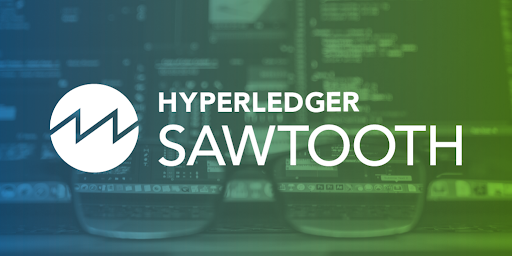
Backed by Intel and founded by Linux, Hyperledger Sawtooth is the most widely used blockchain platform that is used to create, execute and deploy distributed ledgers. A modular and enterprise-grade platform that enables the digital records to be maintained without the need for a central authority managing it.
Features distinguishing Hyperledger Sawtooth from other Blockchain Platforms are:
- Industry Type: Cross-Industry
- Consensus Algorithm: Pluggable Framework
- Governance: Linux Foundation
- Smart Contract Functionality: Yes
- Ledger Type: Permissionless
5. OpenChain
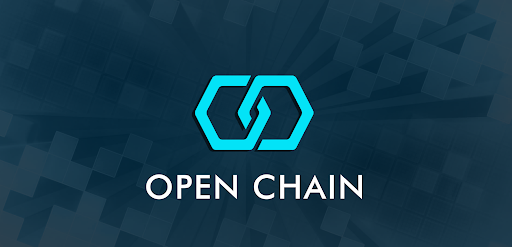
Developed by CoinPrism organization, Openchain is an open-source blockchain platform best suited for industries who want to handle their digital assets. A secure and scalable application powered by a partitioned consensus where you can have a single authority in validating transactions. One of the most efficientblockchain platforms as the transaction process is free of cost than any other blockchain platform.
Features distinguishing OpenChain from other Blockchain Platforms are:
- Industry Type: Digital Asset Management
- Consensus Algorithm: Partitioned Consensus
- Governance: Linux Foundation
- Smart Contract Functionality: Yes
- Ledger Type: Permissioned
6. Stellar
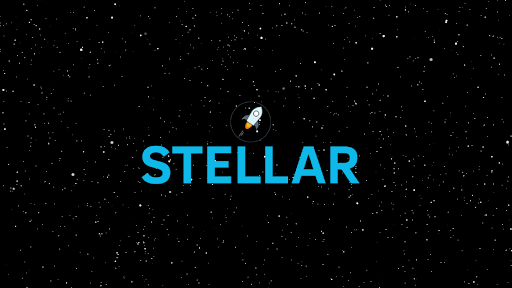
Stellar is a distributed ledger network build to facilitate cross-platform asset transfer. The blockchain platform allows the developer to build solutions for the banking and finance industry like wallets, smart devices and much more.
Stellar Consensus Protocol (SCP) makes it possible to maintain consensus without relying on a closed system to record financial transactions.
For instance, SureRemit is one of the applications that leverage the application of the Stellar platform toconnect immigrants abroad with the merchants offering services in a different country.
Features distinguishing Stellar from other Blockchain Platforms are:
- Industry Type: Financial Services
- Consensus Algorithm: Stellar Consensus Protocol
- Governance: Stellar Development Foundation
- Smart Contract Functionality: Yes
- Ledger Type: Both public and private
7. NEO
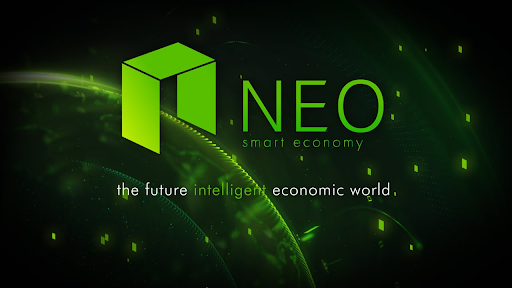
Another popular Blockchain platform, NEO that has been designed by the members of Blockchain R&D Company, used to build blockchain decentralized applications. Powered by the Delegated Byzantine Fault Tolerance mechanism, NEO works better than other blockchain platforms.
Its native cryptocurrency NEO can be used to pay transaction fees to run apps on the NEO network.
Features distinguishing NEO from other Blockchain Platforms are:
- Industry Type: Smart Economy
- Consensus Algorithm: Delegated Byzantine Fault Tolerance
- Governance: On-chain governance through votes of NEO holders and Off-chain governance through NEO Foundation support.
- Smart Contract Functionality: Yes
- Ledger Type: Permissioned
8. EOS
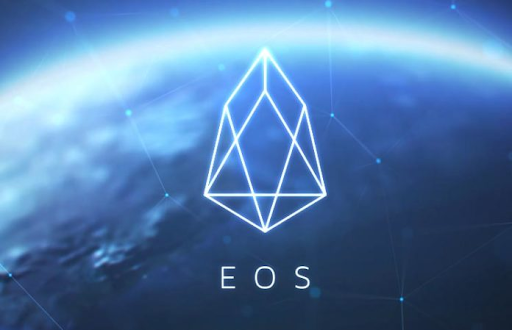
Launched as open-source software in 2018 by Block, One, aims to provide decentralized application’s hosting, smart contract capability, decentralized storage of enterprise blockchain apps and solve scalability issues with Bitcoin and Ethereum.
It eradicates additional transaction costs while maintaining consensus using multi-threading and delegated proof of stake algorithm.
Features distinguishing EOS from other Blockchain Platforms are:
- Industry Type: Cross-Industry
- Consensus Algorithm: Delegated Proof of Stake
- Governance: EOSIO Core Arbitration Forum (ECAF)
- Smart Contract Functionality: Yes
- Ledger Type: Permissioned
9. Hedera Hashgraph
If you are looking to develop a decentralized enterprise-grade application, Hedra Hashgraph can be the most suitable choice for your next business requirement. The blockchain platformis most trusted for blockchain developers to build apps for digital currencies and platforms for online payments.
With an asynchronous Byzantine Fault Tolerance Algorithm, Hedera Hashgraph provides a high degree of security.
Features distinguishing Hedra Hashgraph from other Blockchain Platforms are:
- Industry Type: Cross-Industry
- Consensus Algorithm: Asynchronous Byzantine Fault Tolerance
- Governance: Hedera Hashgraph Council
- Smart Contract Functionality: Yes
- Ledger Type: Permissioned
10. R3 Corda
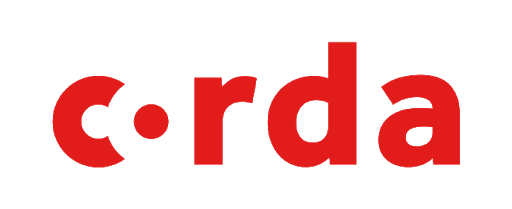
An innovative blockchain platform launched in 2015, that allows institutions to make transactions directly from smart contractsthereby reducing cost friction from business transactions. Initially developed for financial institutions, R3 Corda can now be used in applications like healthcare, supply chain, government authorities, and trade finance.
- Industry Type: Cross-Industry
- Consensus Algorithm: Asynchronous Byzantine Fault Tolerance
- Governance: Hedera Hashgraph Council
- Smart Contract Functionality: Yes
- Ledger Type: Permissioned
Conclusion:
In you business, understand the importance of blockchain platformswith their distinguishing features, algorithms and much more. If you are looking for a specific platform as per your distinct requirements, you can choose blockchain platforms from above as per your discretion.
The post A Comprehensive Guide to Top Blockchain Platforms appeared first on ReadWrite.
(41)


